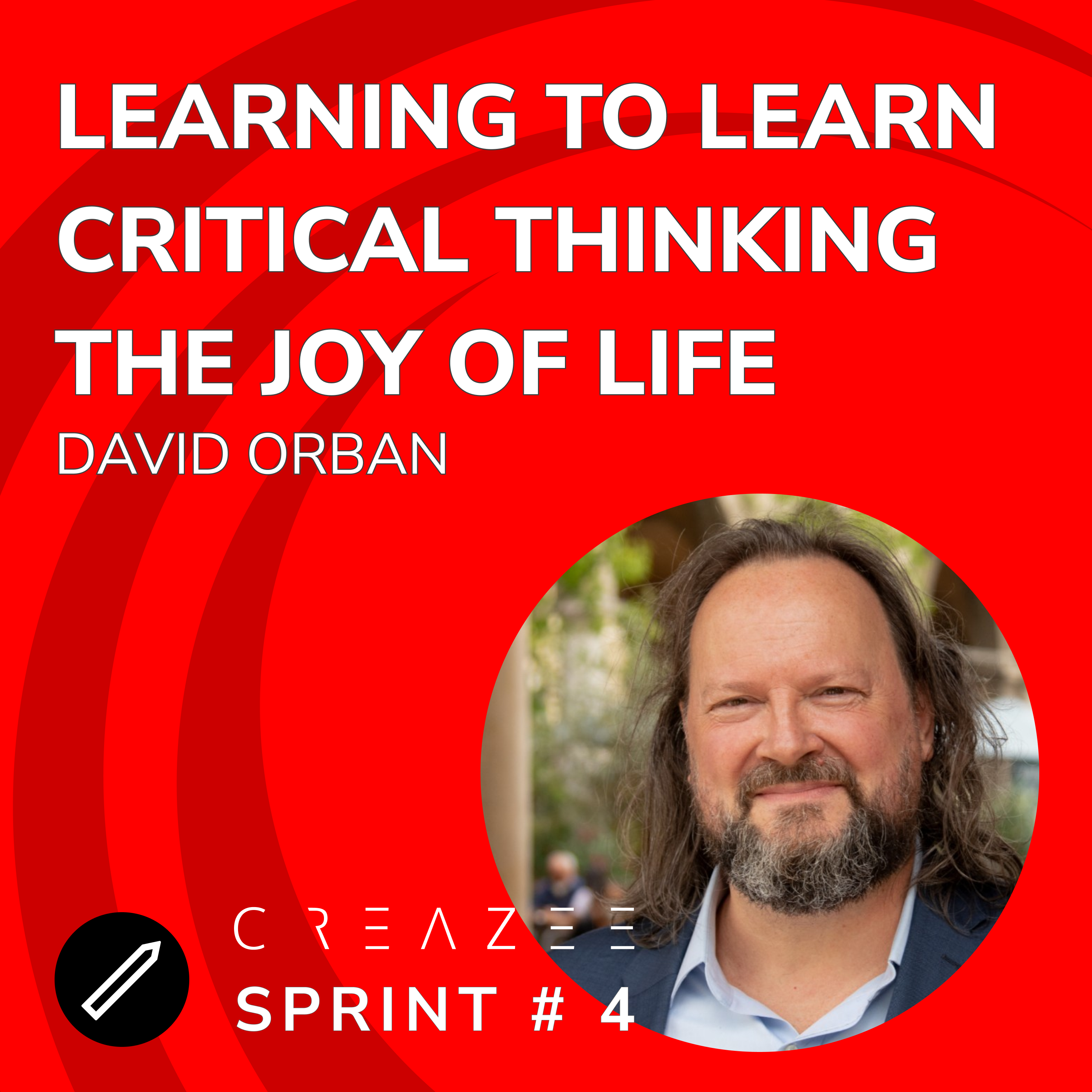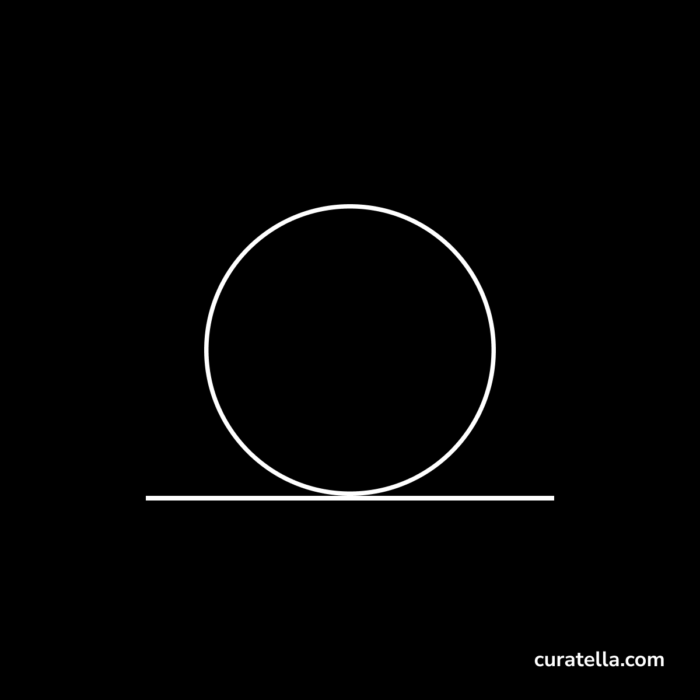I’m experimenting with having unplanned conversations with stimulating people. I record our sessions and I put them online. I want to have at least 10 of them and create a network of notes to use as the source of new ideas.
I am at the sixth CREAZEE Sprint, now. Four in English and two in Italian. Will I make it to ten?
David Orban was an enthusiastic CREAZEE Challenger during our Daily Writing Habit Challenge in 2021. I was very proud of seeing his unleashed creativity in following his own rules and prompts (rather than the ones I was suggesting). We had fun, creative ideas, and profound thoughts on life and everything.
A few days ago I had the pleasure of having an unplanned CREAZEE Sprint with David where we talked about polymathy, learning approaches, failure, correcting own mistakes, zooming in-out, the joy of living, building confidence with deliberate practice, climate crisis and IEA’s mistakes, creativity and surprise.
The Episode’s web page: CREAZEE Sprint 4.

